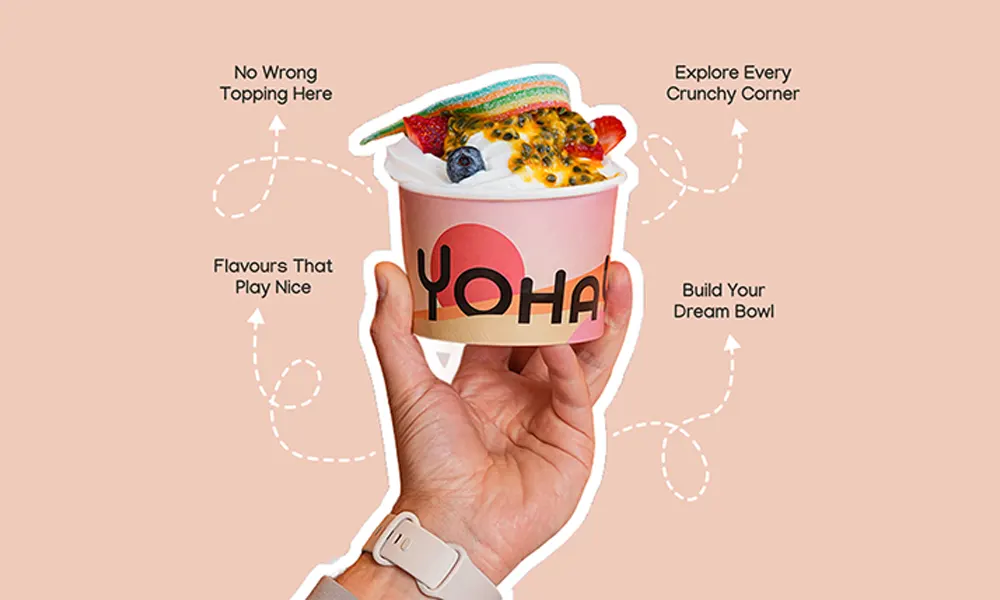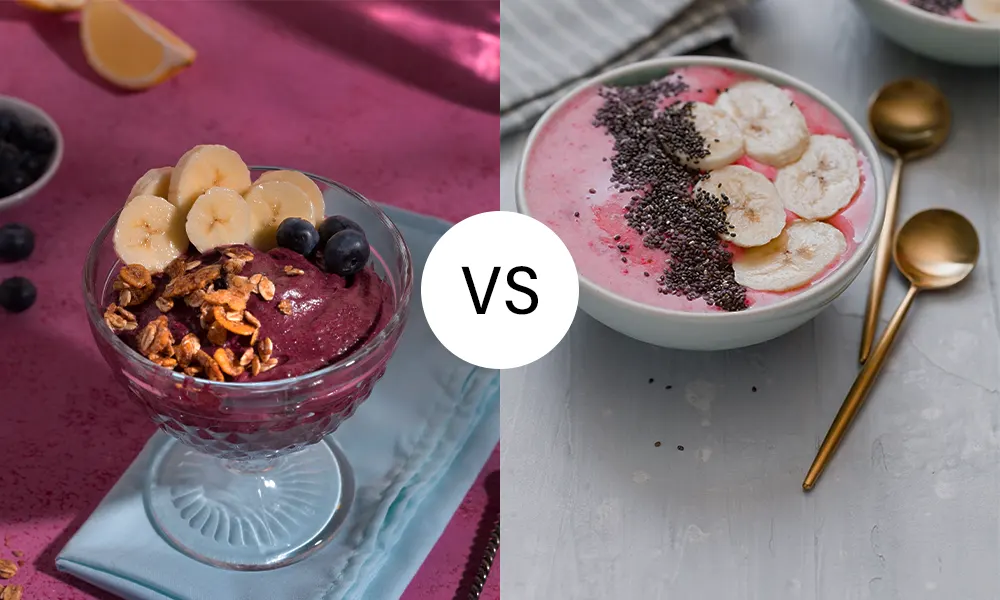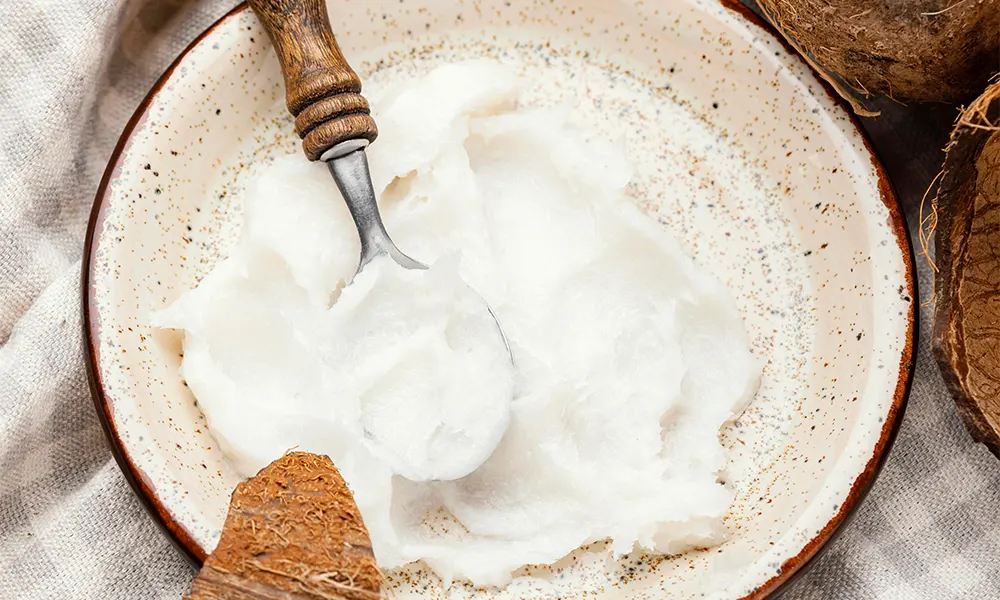Introducing new foods to your baby can be both exciting and nerve-wracking, especially when it comes to options like coconut yoghurt. This creamy, dairy-free alternative is becoming increasingly popular, but is it suitable for your little one? Let’s explore this topic in detail to answer the burning question: can babies have coconut yoghurt?
Understanding Coconut Yoghurt and Your Baby’s Developing System
Coconut yoghurt is a plant-based product made from coconut cream or milk. It’s naturally dairy-free, lactose-free, and often soy-free, making it a potential option for babies with sensitivities or allergies to these common ingredients. However, it’s essential to consider your baby’s developing digestive system and nutritional needs before introducing it.
Nutritional Benefits of Coconut Yoghurt for Babies
Coconut yoghurt offers several nutritional benefits that may make it appealing:
- Probiotics: Many coconut yoghurts contain probiotics, which promote healthy gut bacteria, supporting digestion and immunity. Always check the label to ensure your chosen product includes live cultures.
- Healthy Fats: Coconut yoghurt is rich in medium-chain triglycerides (MCTs), a type of fat that is easy to digest and provides a quick energy source for growing babies.
- Vitamins and Minerals: Depending on the brand, it may contain small amounts of calcium, potassium, and magnesium. However, these nutrients should complement, not replace, those obtained from breastmilk or formula.
Potential Risks: Can Babies Have Coconut Yoghurt Safely?
While coconut yoghurt has benefits, there are risks to consider:
- Allergies: Though uncommon, coconut allergies exist. Always monitor your baby for signs of an allergic reaction, such as rash, swelling, or difficulty breathing.
- High Sugar Content: Many commercially available coconut yoghurts contain added sugars. Choose unsweetened options to protect your baby’s developing teeth and avoid unnecessary calories.
- Digestive Issues: Some babies may experience gas or diarrhoea when introduced to probiotics or unfamiliar ingredients.
- Texture Concerns: Coconut yoghurt is often thick and may need to be thinned with breastmilk or formula for younger babies.
When to Introduce Coconut Yoghurt
Experts generally recommend introducing solid foods, including coconut yoghurt, around six months of age. At this stage, babies’ digestive systems are better equipped to handle more complex foods. Breastmilk or formula should remain their primary nutrition source until 12 months. Before introducing coconut yoghurt, consult with your paediatrician to ensure it aligns with your baby’s dietary needs.
How to Introduce Coconut Yoghurt to Your Baby
Follow these steps for a safe and smooth introduction:
- Start Small: Offer just a teaspoon or two initially.
- Monitor for Allergies: Observe your baby for any signs of allergic reactions or digestive discomfort.
- Avoid Mixing New Foods: Introduce one new food at a time to isolate potential allergens.
- Wait a Few Days: Give a gap of three to five days before reintroducing coconut yoghurt or trying a new food.
- Opt for Plain Varieties: Choose unsweetened, additive-free coconut yoghurt to avoid unnecessary ingredients.
- Gradually Increase: If tolerated well, slowly increase the portion size over time.
Tips for Selecting the Right Coconut Yoghurt
When shopping for coconut yoghurt, keep these points in mind:
- Look for Probiotics: Choose a product with live and active cultures for gut health benefits.
- Avoid Additives: Steer clear of yoghurts with added sugars, artificial flavours, or preservatives.
- Check Fat Content: Opt for products with moderate fat levels to support energy needs without overwhelming your baby’s system.
- Read Labels: Confirm that the product is made with minimal, baby-friendly ingredients.
Exploring Coconut Yoghurt Recipes for Babies
Once you’ve successfully introduced coconut yoghurt, consider these simple recipes:
- Fruit Swirl: Mix plain coconut yoghurt with pureed mango, apple, or banana for a sweet treat.
- Veggie Dip: Blend coconut yoghurt with mashed avocado or carrot for a savoury option.
- Yoghurt Popsicles: Freeze coconut yoghurt mixed with pureed berries in popsicle moulds for a teething-friendly snack.
Final Thoughts
The answer to “can babies have coconut yoghurt?” is yes with the right precautions. This plant-based yoghurt can be a nutritious addition to your baby’s diet, offering probiotics and healthy fats. However, it’s crucial to introduce it thoughtfully, starting small and observing your baby’s reaction. Always prioritise plain, unsweetened varieties and consult your healthcare provider before making changes to your baby’s diet.
Introducing new foods is a journey filled with curiosity and joy. By staying informed and attentive, you can help your baby explore a world of flavours while ensuring their health and safety.
Yo Hayo is here to support your baby’s journey into healthy eating. Explore our range of baby-friendly products and reach out with your questions. Contact us today!
FAQs
-
Can babies eat coconut yoghurt every day?
While coconut yoghurt can be a nutritious addition to your baby’s diet, it should not replace breast milk or formula, which remain the primary sources of nutrition for the first year. Offering coconut yoghurt in moderation, such as a few teaspoons a day, can be safe for most babies once introduced. Ensure it’s plain, unsweetened, and free from harmful additives. Monitor your baby for any signs of allergies or digestive upset, and consult a paediatrician if you’re unsure about the frequency or portion size.
-
Is store-bought or homemade coconut yoghurt better for babies?
Both options have pros and cons. Store-bought coconut yoghurt often contains probiotics and consistent quality but may include added sugars or preservatives. Homemade coconut yoghurt lets you control the ingredients, ensuring it’s free of sugar and unnecessary additives. However, maintaining proper hygiene during preparation is crucial to avoid contamination. Always choose the option that aligns with your baby’s needs and consult a paediatrician for advice on the best choice for your little one.
-
What signs of allergies should I watch for after introducing coconut yoghurt?
When introducing coconut yoghurt, monitor your baby for symptoms like hives, rashes, vomiting, diarrhoea, swelling (particularly around the face), or difficulty breathing. These could indicate an allergic reaction. If any of these symptoms occur, discontinue feeding and consult a doctor immediately. Mild digestive discomfort, such as gas, may also occur as your baby adjusts to the new food. Always introduce one new food at a time and start with small amounts to minimise risks.
-
Can coconut yoghurt help with my baby’s digestion?
Coconut yoghurt containing probiotics may support your baby’s gut health by introducing beneficial bacteria to their digestive system. These probiotics can help maintain a balanced gut microbiome, potentially easing digestion and boosting immunity. However, not all coconut yoghurts contain live cultures, so check the label. If your baby has any underlying digestive issues or sensitivities, consult a paediatrician before introducing coconut yoghurt as a dietary supplement.
-
What can I mix with coconut yoghurt for my baby?
Coconut yoghurt can be combined with other baby-friendly foods to create a balanced meal. Try mixing it with pureed fruits like banana, avocado, or apple for added flavour and nutrients. You can also stir it into oatmeal, baby cereal, or pureed vegetables to enhance the texture and nutritional value. Ensure the mixtures are smooth and easy to swallow, especially for younger babies. Always introduce each ingredient separately before combining them to identify any potential allergies.





